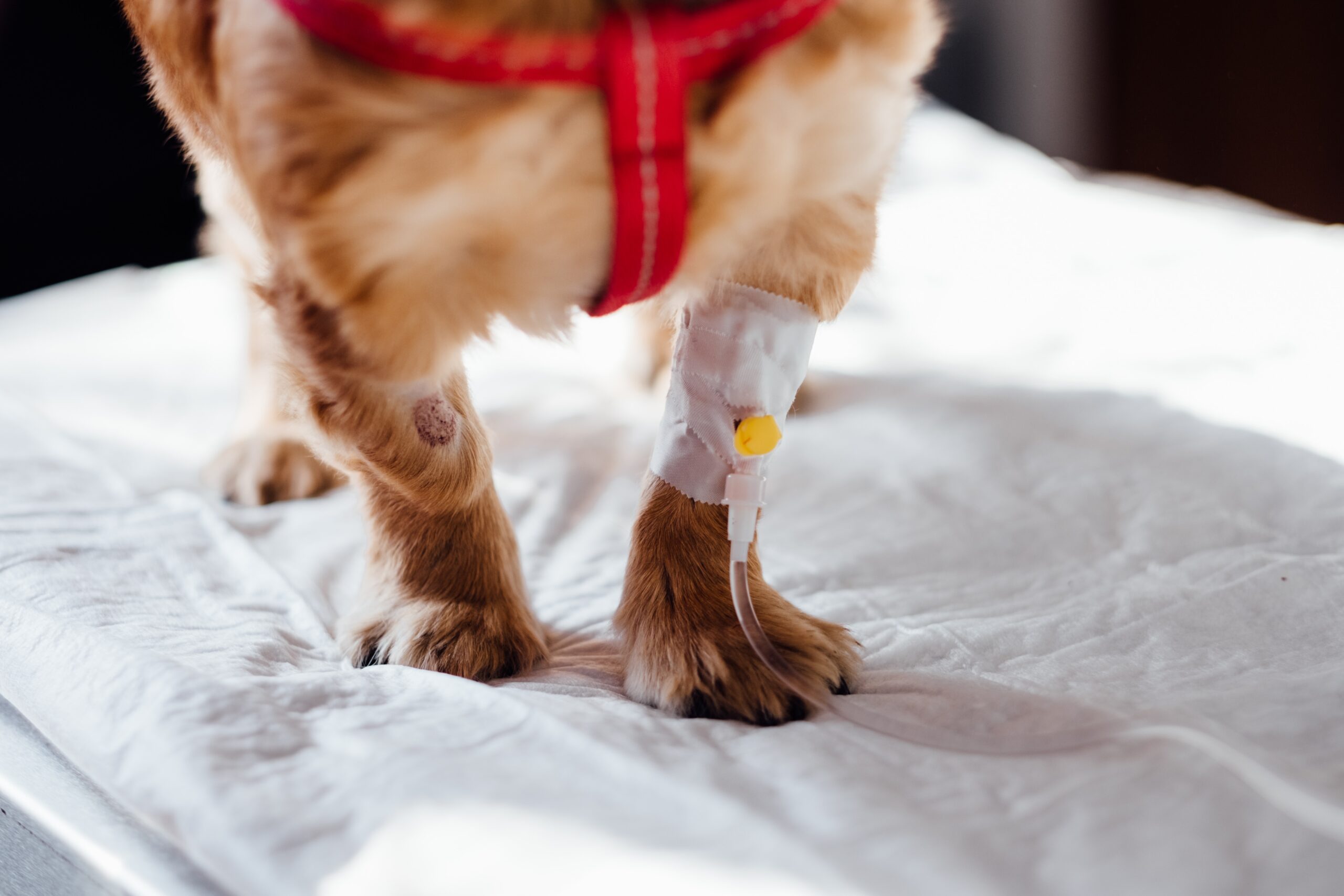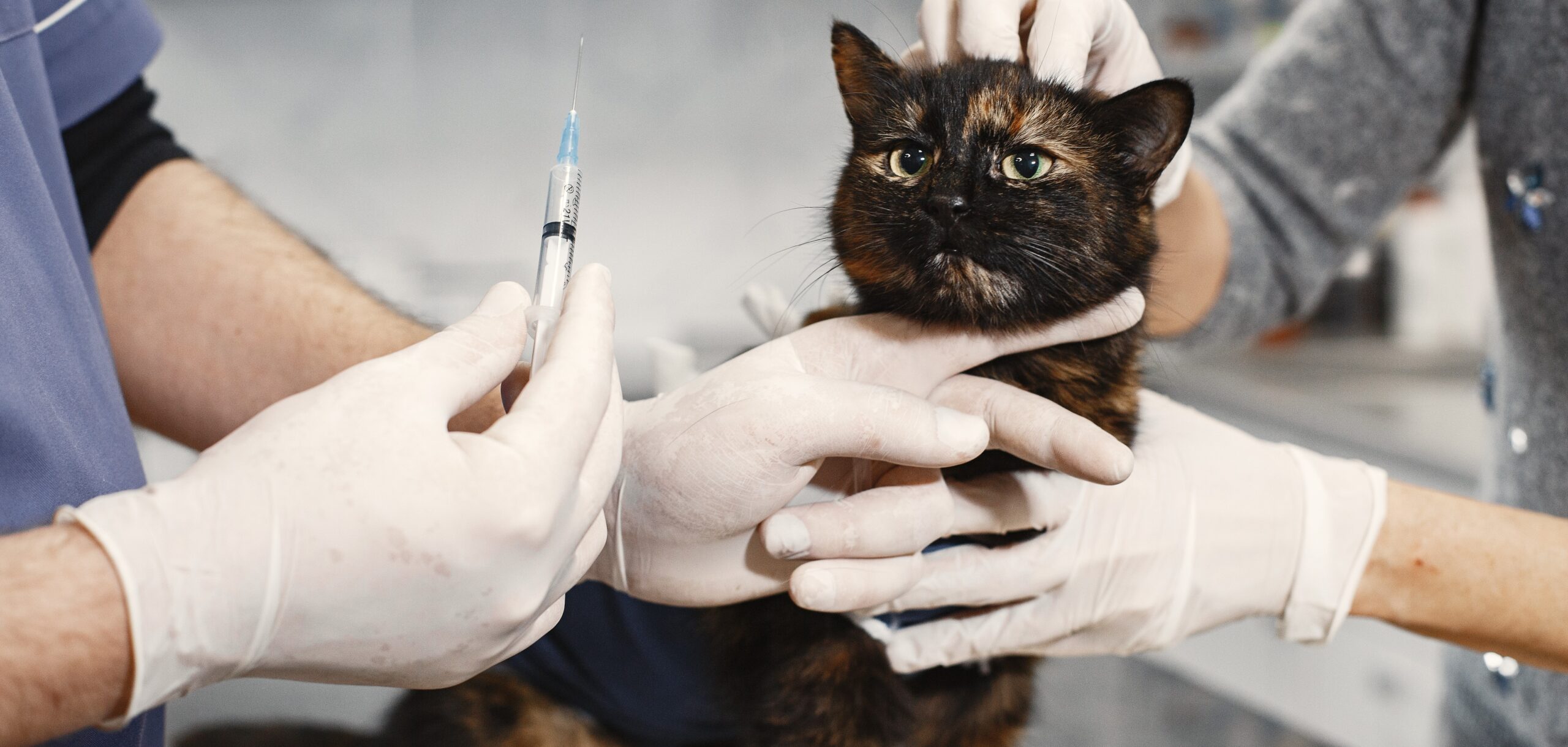Rabies Virus: Symptoms, Treatment, and Prevention
Rabies is a deadly virus that can infect humans and animals. It is transmitted through the saliva of infected animals, most commonly through a bite. Once symptoms appear, the disease is almost always fatal. Therefore, it is crucial to know about the symptoms, treatment, and prevention of rabies.
Symptoms:
Symptoms of Rabies Virus The initial symptoms of rabies can be similar to the flu, including fever, headache, and general weakness or discomfort. As the virus progresses, symptoms such as agitation, hallucinations, and excessive saliva production may appear. In later stages, the infected person may become unresponsive and experience difficulty breathing. Once symptoms appear, the disease is almost always fatal.
Treatment:
Treatment of Rabies Virus There is no cure for rabies, but immediate treatment after exposure to the virus can prevent the disease from developing. This treatment involves a series of injections that contain antibodies against the virus. The injections are given over a period of several weeks and can be effective if given early enough.
Prevention:
Prevention of Rabies Virus Preventing rabies is crucial, and there are several ways to reduce the risk of contracting the virus. First and foremost, it is essential to vaccinate pets against rabies. This can greatly reduce the risk of humans coming into contact with infected animals. Additionally, avoiding contact with wild animals, especially bats, can greatly reduce the risk of exposure to the virus. If you are bitten by an animal, immediately wash the wound with soap and water and seek medical attention.
In conclusion, rabies is a deadly virus that can be transmitted through the saliva of infected animals. Knowing the symptoms, treatment, and prevention methods can greatly reduce the risk of contracting the virus. Vaccinating pets, avoiding contact with wild animals, and seeking medical attention after a bite can all help prevent the spread of rabies. If you suspect you may have been exposed to the virus, seek medical attention immediately to prevent the disease from progressing.
You May be Interested in…
Common Pet Diseases Prevented by Vaccination
Risks and Benefits of Pet Vaccinations







